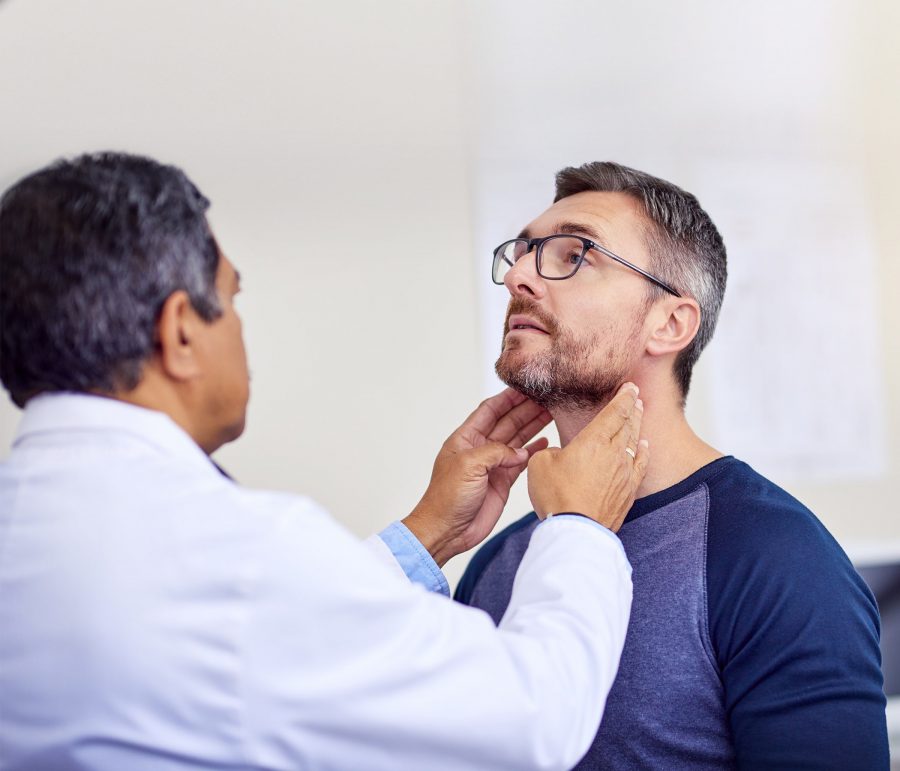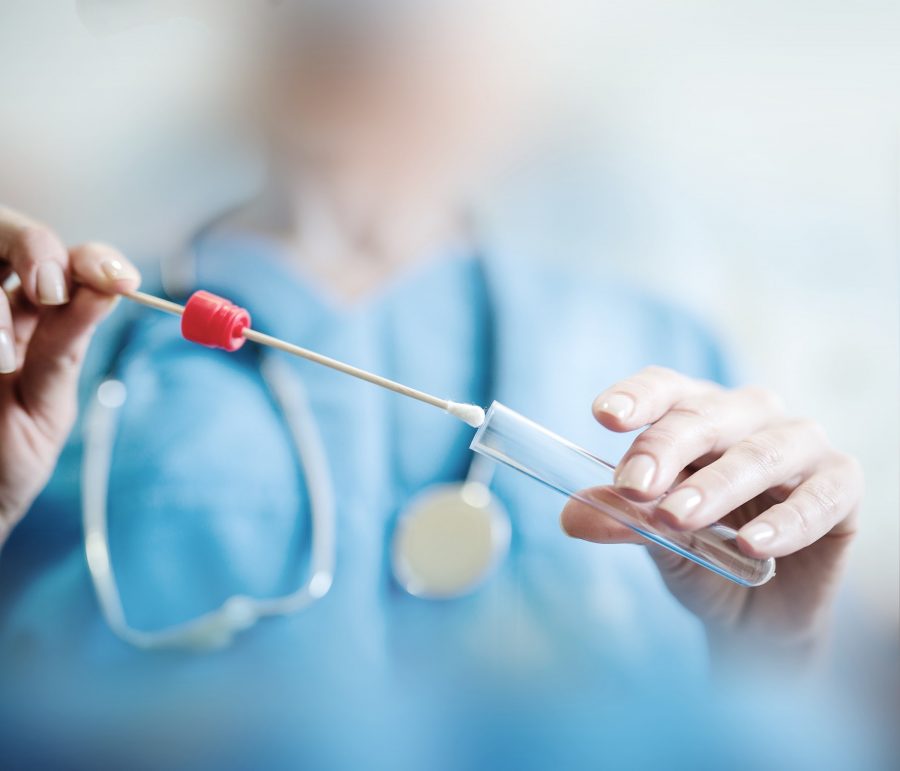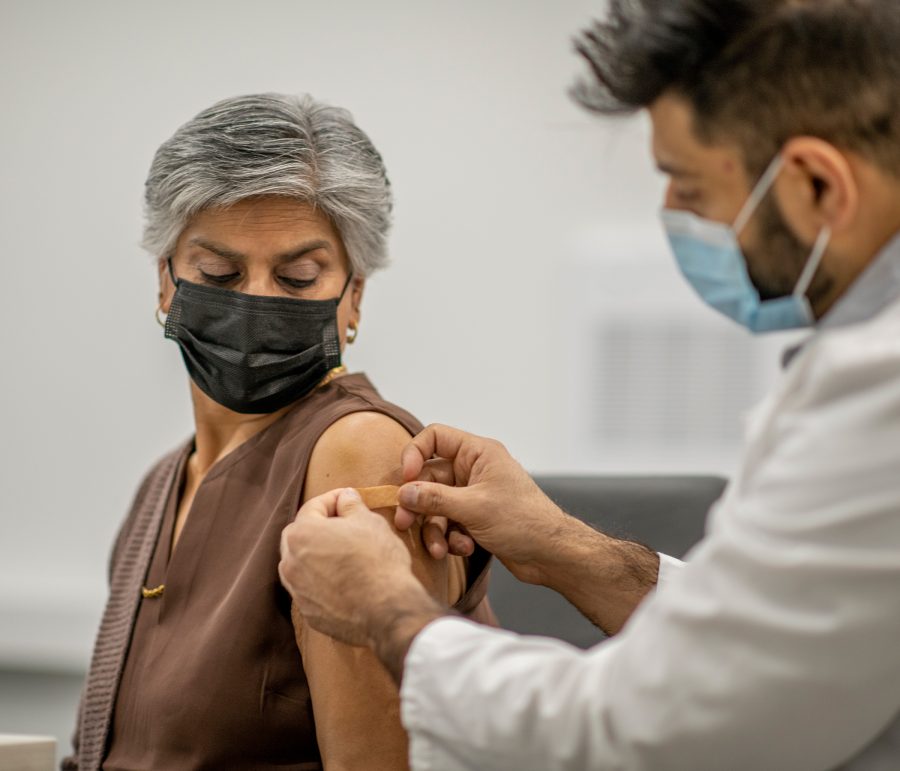
Illnesses & Injuries
Illnesses and injuries can’t always wait for a doctor’s appointment. We handle a wide variety of medical needs, ranging from animal bites to asthma attacks, sinus infections to bladder infections, flu shots to poorly landed jump shots. For just about any minor illness or injury, trust MD Now for the immediate care to help you feel better fast.

Physical Examinations
Regular physical exams are vital for managing and maintaining your health. Depending on your situation or occupation, you may need an authorized provider to perform a specialized medical exam. From routine physicals to school or sports physicals, MD Now offers a wide range of comprehensive physical exams.

Medical Procedures
What good is a proper diagnosis without the necessary treatment that should follow? At MD Now, we offer a full spectrum of professional medical procedures, performed right onsite at our state-of-the-art clinics.

Lab Tests & Screenings
At MD Now, we don’t expect you to make an extra trip for the lab tests and screenings required for treatment. That’s why we offer a full range of testing and screening options under one roof, with no additional trips required.

Immunizations & Vaccines
Need a flu vaccine? Require a travel vaccine for an already scheduled trip? Hoping to protect your kids from the measles, mumps and rubella? MD Now has you covered.

Pre-Operative Evaluations
When you’re preparing for surgery, a pre-operative – or “pre-op” – evaluation provides valuable information to help give you the best outcome possible. We offer a 7-day turnaround on pre-operative evaluations for planned surgical procedures at all MD Now clinics.

Women's Health Services
Women have unique needs that often require special care and attention. At MD Now, we provide a wide range of women’s services to keep you healthy and thriving—everything from reliable testing and screenings to treatments for a variety of women’s health conditions.

For Employers
At MD Now, we know on-the-job injuries can be expensive, time-consuming and disruptive to your business. Our providers are trained to give your employees the individualized medical attention they need to get them back on their feet as soon as possible through safe, effective treatment with measurable outcomes. Most of our patients are seen, treated and released in less than an hour.

MD Now Virtual Visits
When you or a loved one is under the weather, our physician-led team of healthcare professionals can help get you back to better conveniently from anywhere. Check in online with a mobile device or computer and our trained medical professionals will assess your need to determine if you can be seen virtually or if an in-person follow up visit is required.